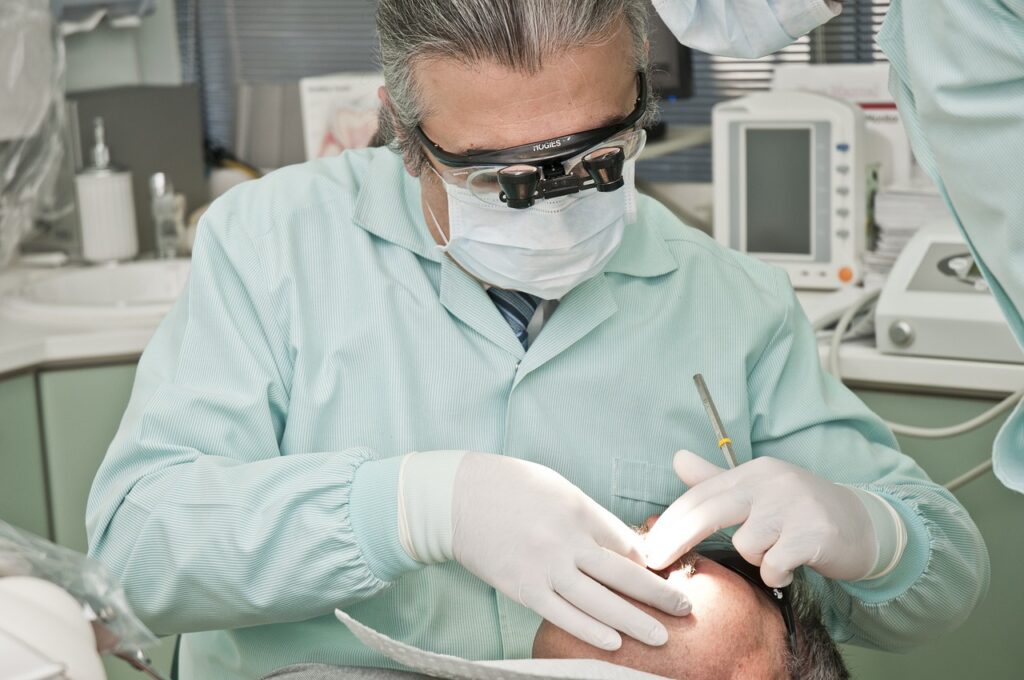Every day a child is taken to the dentist for a routine procedure, possibly to get a few cavities filled, a crown, and maybe even a root canal, and the unthinkable happens.
 “Children at a very young age, if they do require a lot of work, you can only imagine they are not going to lay down on the chair,” Dr. Robert Delarosa, president of the AAPD and a dentist in private practice in Baton Rouge told the TODAY Show. “Dentistry is not the most innocuous stimulus and a very, very young child has to be made as comfortable as possible. So it’s not uncommon for children to undergo anesthesia.”
“Children at a very young age, if they do require a lot of work, you can only imagine they are not going to lay down on the chair,” Dr. Robert Delarosa, president of the AAPD and a dentist in private practice in Baton Rouge told the TODAY Show. “Dentistry is not the most innocuous stimulus and a very, very young child has to be made as comfortable as possible. So it’s not uncommon for children to undergo anesthesia.”
“Any time a patient undergoes anesthesia there are risks,” he said. “But there is also a risk with untreated dental disease. That has to be part of it, too.”
It is important as a parent to ask questions and know all the facts before any dental procedure.
More and more we seem to be hearing about children having complications from a fairly common dental procedure.
The most recent happened just a few month ago in Yuma, Arizona. Two year old Zion Jay Gastelum stopped breathing, during or after, have a crown and filling.
“Dentistry is a precise science that uses a high speed drill,” Dr. Joel Weaver, a emeritus professor of the Ohio State University Medical Center told the Today Show. “That requires that someone hold still or some tooth structure that’s not decayed could get drilled. When there is multiple and massive decay, the child requires some form of conscious sedation or some form of general anesthesia.”
“Some believe this causes psychological trauma,” said Weaveir. “When you take all the advantages of high-quality dentistry on a very still patient and not having the psychological disadvantages of being held down for the procedure, the risks [of anesthesia] are far outweighed by the benefits.”
When it comes to IV Sedation in both pediatric and adult dentistry, you want to take all the necessary safety precautions. At Blue Sky Solutions our hearts go out to Zion’s family.
When choosing to have IV sedation for a dental procedure, it is important to have a Certified Registered Nurse Anesthetist present, to monitor the patients vitals and administer the sedation. This way the dentist is able to concentrate fully on the treatment, while the CRNA is focusing only on the patient safety, vigilance, and monitoring.
At Blue Sky Anesthesia Associates, our expectations are high and yours should be too when choosing to have sedation for your dental procedure. We follow the strict American Dental Association guidelines and protocols throughout every procedure.


